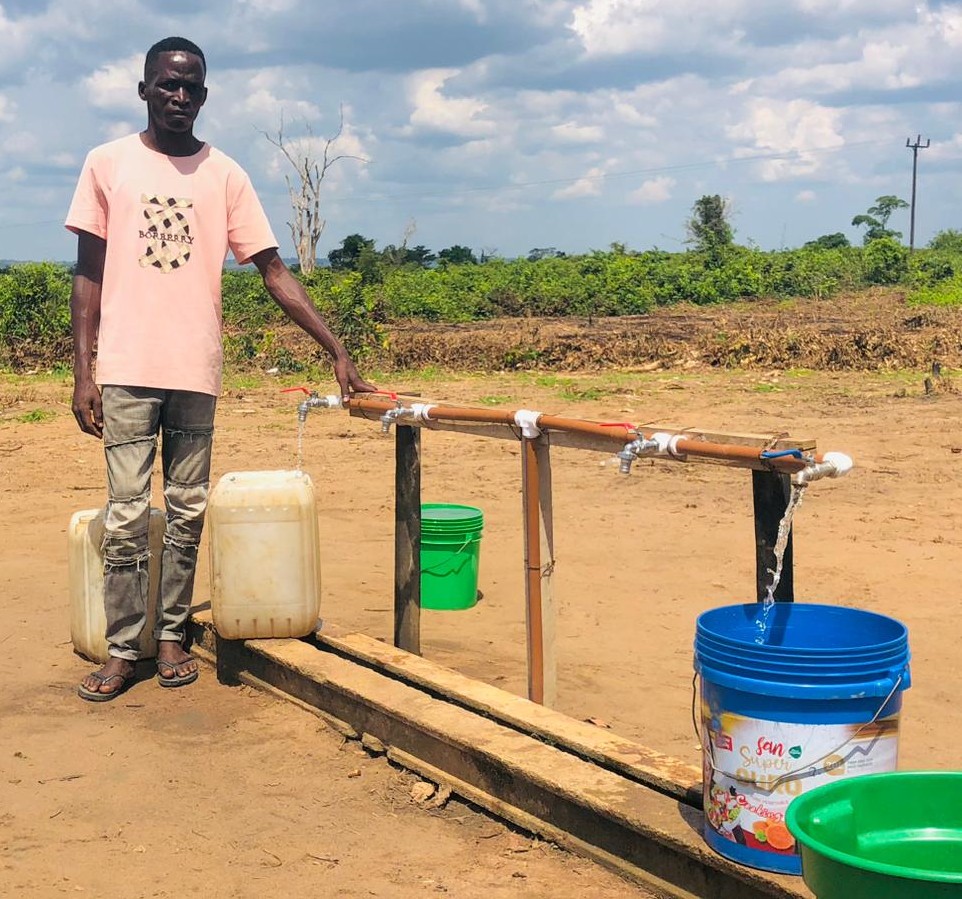For families arriving in Internally Displaced Person camps in Cabo Delgado, Mozambique the lack of access to water is a significant concern. It not only limits the availability of drinking water but also increase the risk of diseases linked to poor hygiene.
To address the critical need for water, MENTOR is informed when families who have fled fighting and insecurity in the region arrive in the camps. The team then carries out a needs assessment to identify the gaps and tailor a solution that improves water access.
Jacinto Pedro (pictured), a part-time health promoter who lives in the village of Ntamba, said: “The situation regarding water was not good as we had to walk 4 km to fetch water from the river. The camp is big and only had four water faucets. After MENTOR increased water points, we can access water in the camp and the household’s hygiene improved.”
The village of Ntambe has registered the arrival of 183 displaced families, including 302 children, since mid-November.
Saviana Silvestre who also lives in the village said: “I could only fetch one bucket of water (20 L) from the river each day but now with new water points it is possible to have two buckets per family. The work is positive because it is improving lives, but further improvements would be good to guarantee at least four buckets per family.”
MENTOR is delivering this work as part of a First Response Team under the Safe and Inclusive Learning project with Save the Children, funded by ECHO.
Cabo Delgado has been severely affected by insecurity since 2017. The International Organization for Migration (IOM) estimates that there are more than 800,000 Internally Displaced People in the region who also lack access to adequate housing, food, and healthcare as well as water, hygiene and sanitation.

